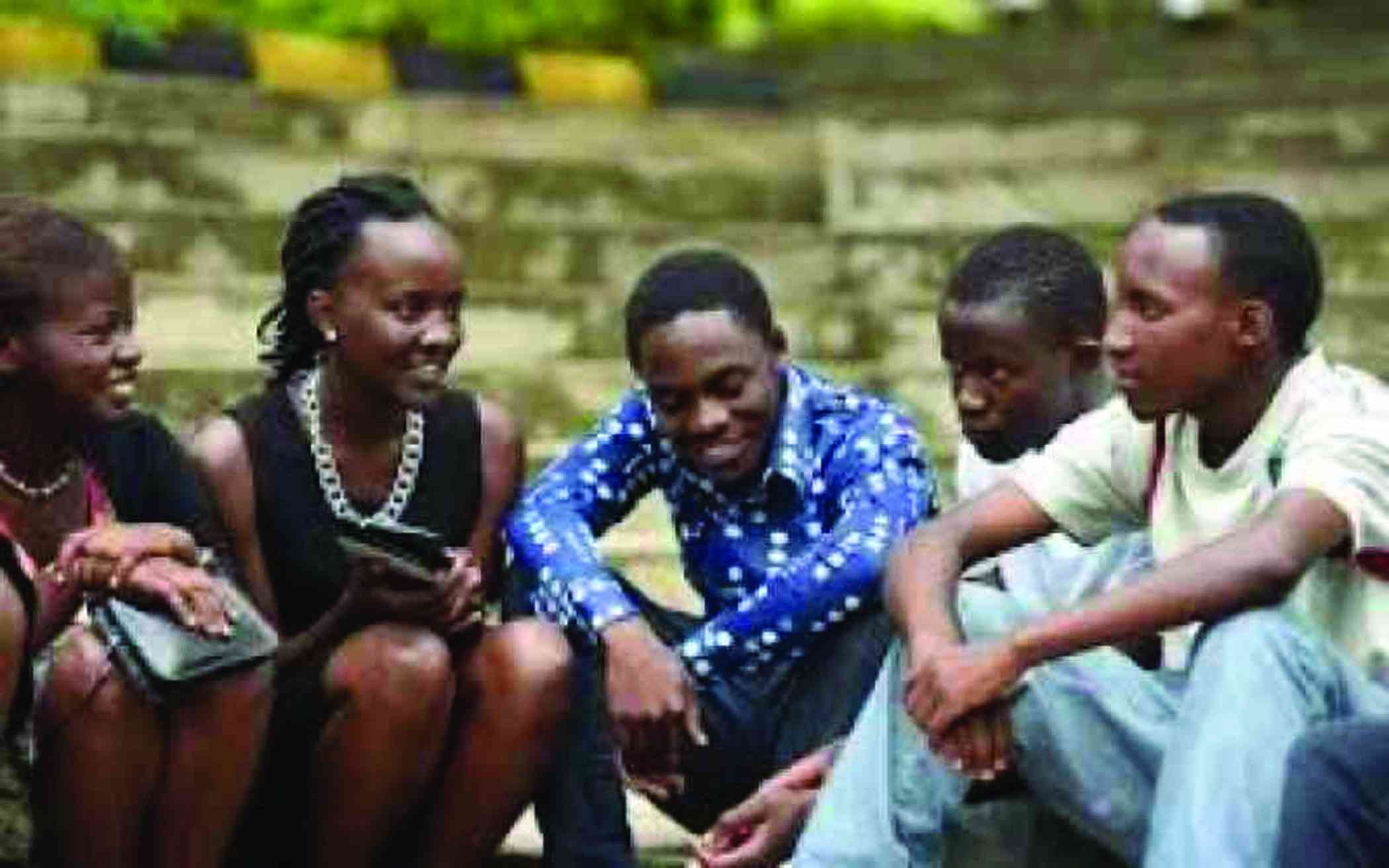
I
n a world where the boundaries of sexuality and reproductive health are constantly being tested, the youths in Zimbabwe find themselves navigating a complex landscape.
As social media bombards them with mixed messages and sensationalism, the age-old foundations of family and community are being reshaped.
“We can no longer ignore how the digital age has altered perceptions of sexuality,” sociologist Tendai Moyo told NewsDay.
“The roles once assigned to families have shifted, leading to confusion and insecurity among our youth.”
The conversation around sexual and reproductive health rights (SRHR) has gained momentum, with government officials acknowledging the pressing need for comprehensive education.
“We recognise that adolescent pregnancies and sexual abuse are alarming trends that require immediate attention,” a senior official in the Health and Child Care ministry, noted recently.
“It’s not just a health issue; it’s a societal one. Our youth deserve better guidance,” he added.
- Feature: A case for children with heart diseases
- ‘Poverty fuels teen pregnancies’
- More than 2,2 million youths unemployed: ZimStat
- Multi-currency system extension: An analysis
Keep Reading
The Zimbabwe Statistical Agency (ZimStat) has revealed a concerning 20% rise in the adolescent pregnancy rate over the past decade.
This alarming trend has spurred on civil society organisations to advocate for immediate reforms, emphasising the need for comprehensive sexual education, better access to reproductive health services and heightened community awareness to address the issue effectively.
“The family unit traditionally prepared children for adulthood,” said Linda Chikwanje, a youth advocate with the Zimbabwe Youth Council.
“Now, peer groups, education systems and the media often take on that role, but they lack the emotional and moral grounding needed,” she said.
The media plays a pivotal role in shaping young minds, but its influence is a double-edged sword.
“While it can be informative, it often trivialises serious issues,” said journalist Tinashe Mutsvangwa.
“Sex is commodified through advertising and pornography, which can distort young people’s understanding of relationships. Young people today are bombarded with images that promote a hyper-sexualised culture, leading to confusion and unrealistic expectations about intimacy,” he said.
As communities grapple with these changes, the impact on family life is profound.
“Children have been learning about relationships from TikTok rather than from their parents,” remarked Grace Ndlovu, community elder and retired schoolteacher from Kambuzuma.
“This shift has led to a loss of the ‘magic’ of initiation — a rite of passage that once guided our youth into adulthood with wisdom and respect,” she said.
The erosion of traditional values has created a void that many young people struggle to fill.
“Today’s youth are often blasé about sex,” says Moyo. “This detachment conceals deeper fears and insecurities about their identities.”
He added: “As young people engage in relationships, they often lack the tools to navigate emotional complexities, leading to a cycle of confusion and hurt.”
The roles assigned to men and women are also diversifying, with expectations changing rapidly.
“We must rethink what it means to be a responsible partner and parent,” said development expert Chipo Nyoni.
“Sexual and reproductive health rights must be integrated into our educational curricula to equip young people with the knowledge they need.”
Voices from the community highlight the need for a collective re-evaluation of values.
“We must bring back the conversations about sex and relationships to our homes,” said a Mrs Tarusarira from Highfield high-density suburb.
“It’s not enough to just tell our children what to do; we must engage with them and understand their realities,” she noted.
Civil society organisations are working tirelessly to bridge this gap.
“Our programmes focus on empowering young people to make informed choices,” says Tendai Chikore from the Zimbabwe Sexual Rights Centre.
“By providing comprehensive SRHR education, we aim to create a culture of responsibility and respect,” she said.
As the dialogue around SRHR continues to evolve, there is a growing consensus that societal values must be reimagined.
“We need to foster an environment where young people can mature harmoniously,” Moyo said.
“This requires collaboration between families, schools and communities to create a supportive framework for growth”.
The road ahead is fraught with challenges, but there is hope.
“We are witnessing a shift in attitudes,” Chikwanje said. “Young people are becoming more vocal about their needs and rights and that’s a powerful catalyst for change”.
In the quest for healthy adulthood, it is clear that SRHRs are essential to society today. Navigating the complexities of modern life, it is imperative to reclaim the narratives around sexuality and responsibility.
By prioritising open conversation and comprehensive education, youths of Zimbabwe will be empowered to embrace their identities with confidence and purpose.
The future hinges on the ability to guide them through the labyrinth of modern sexuality, ensuring that they emerge not just as informed individuals but as compassionate, humble and responsible members of society.










